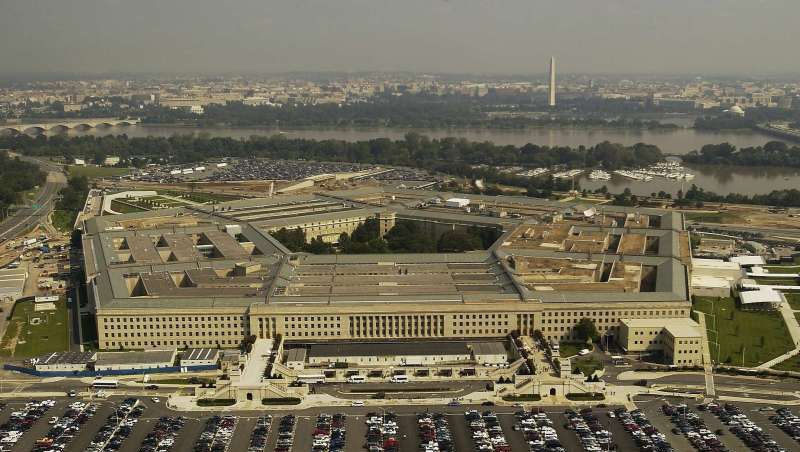
The Defense Information Systems Agency (DISA) said today it awarded its $11.5 billion Defense Enclave Services (DES) contract to Leidos, Inc.
The contract, for which DISA solicited proposals in December 2020, will modernize IT operations among the Defense Department’s (DoD) “Fourth Estate” agencies. Those include the organizations within DoD that are not part of military departments, intelligence agencies, or combatant commands.
In 2019, DoD designated DISA as the single service provider to optimize network capabilities for the 22 Fourth Estate Defense Agencies and Field Activities (DAFA). The resulting optimization effort – dubbed the Fourth Estate Network Optimization (4ENO) Initiative – “seeks to modernize the Department of Defense (DoD) information technology (IT) architecture, reduce costs, improve business practices, and mitigate operational and cyber risks,” DISA said when announcing the contract award today.
The DES contract, DISA said, is a single-award indefinite delivery/indefinite quantity (IDIQ) contract that will “unify the DoD Fourth Estate DAFA’s common use information technology systems, personnel, functions and program elements under the direction of DISA’s 4ENO program office.”
DISA said the ceiling value of the DES contract is $11.5 billion, with an order period from Feb. 28, 2022, to Feb. 27, 2026, with three two-year optional ordering periods that would extend the contract to February 2032. The performance of the contract will be at Fourth Estate locations worldwide.
As the DES contractor, Leidos “will manage and operate the network architecture, and provide the technical expertise necessary to provide standardized, responsive, and cost-effective IT services focused on mission value and network user experience, while improving security, network availability, and reliability for Fourth Estate agencies,” DISA said.
“Leidos will be responsible for executing the network optimization and migration actions onto the new optimized network, DoDNet, which is a cost-effective, defendable network that increases agility throughout the department,” DISA said.
“As threats within the cyberspace domain become increasingly sophisticated, the DoD requires solutions that will eliminate unnecessary complexity within the IT space, as well as ways to increase interoperability, modernize the DoD IT architecture, and reap cost savings that can be leveraged to fund warfighting systems and other department priorities,” the agency said.

“We have to evolve the DAFAs from unique information environments to a single digital enterprise,” said Don Means Jr., director of DISA’s Operations and Infrastructure Center.
“This will address the cost, security, and integration issues that result from having separate networks, compute, and cybersecurity services and it will allow us to establish the modern infrastructure foundation and unified architecture needed to deliver cohesive combat support capabilities to the warfighter,” he said.
“DES will provide integrated, standardized, and cost-effective IT services while improving security, network availability, and reliability for the 22 DAFAs within the Fourth Estate. DISA will leverage the DES contract to manage, operate and support the network architecture,” Means said.
